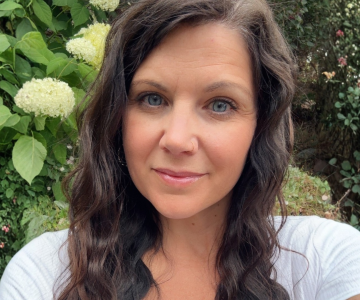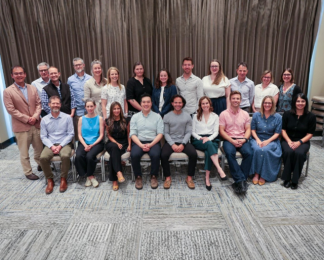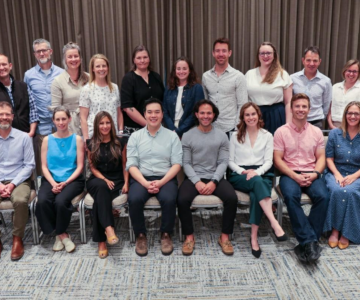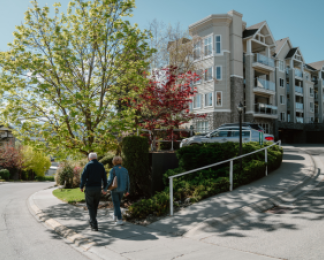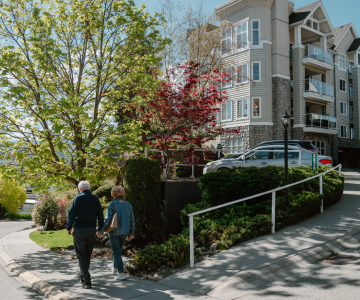In a series of landmark studies, the Alzheimer Society of Canada estimates that by 2050 more than 1.7 million Canadians are expected to be living with dementia. That’s triple the more than 600,000 people who are living with dementia today in Canada.
The forecasted increase in diagnoses is expected to have a huge impact on Canada’s health-care system, not to mention the more than one million caregivers who will serve as care partners.
According to the first study:
“In Canada, most people living with dementia reside at home. In 2015 and 2016, 69% of seniors with dementia under the age of 80, and 58% of those over 80, lived in the community and outside of the long-term care systems (Canadian Institute for Health Information [CIHI], 2018a).”
In our previous story, we talked about tips and resources for caring for a loved one with dementia, and your self-care. In this story, we share some of the innovative approaches to care for those with dementia across the Interior Health region. We also highlight resources available from the Alzheimer Society and UBC.




